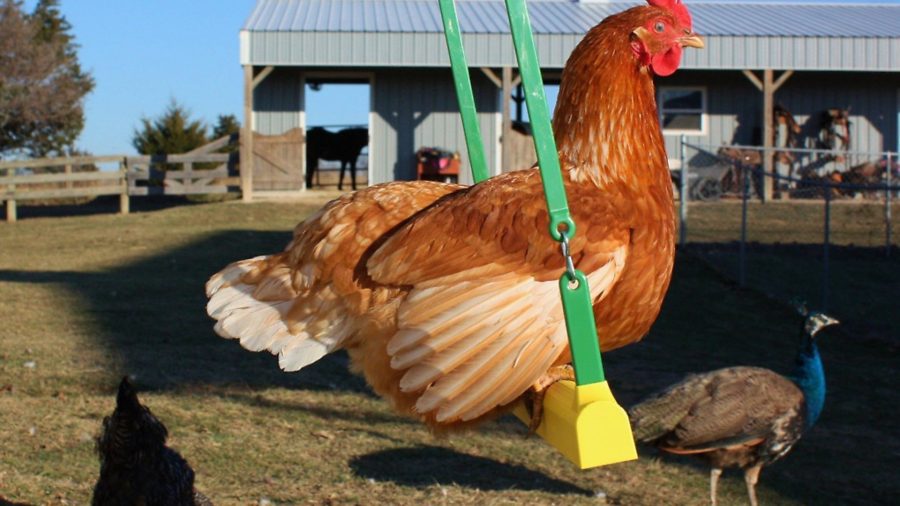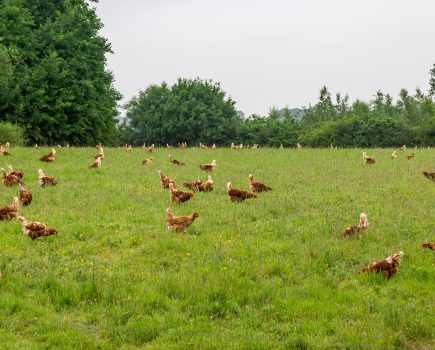We don’t yet know if there will be another poultry ‘lockdown’ this winter because of avian flu. It pays to be prepared though, and Kim Stoddart offers some suggestions
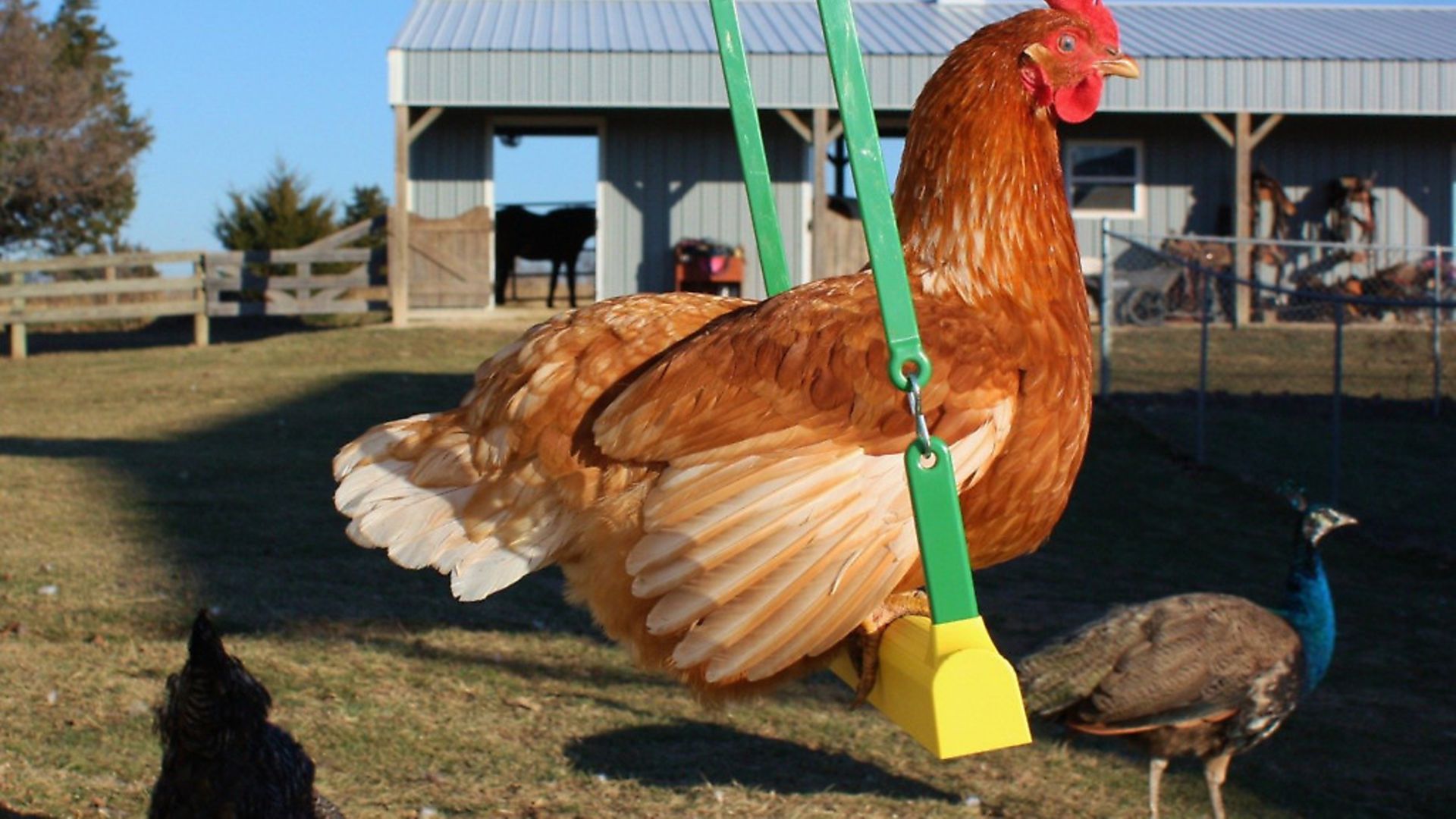
With avian influenza (bird flu) outbreaks still occurring in other parts of the world, a lot of poultry pundits have predicted that the biosecurity measures we experienced last winter could be a regular precaution when wild bird migration occurs, as they are carriers of the disease. Although it’s not yet certain if we will need to keep our flocks contained, it certainly pays to be prepared and to have facilities in place should this occur.
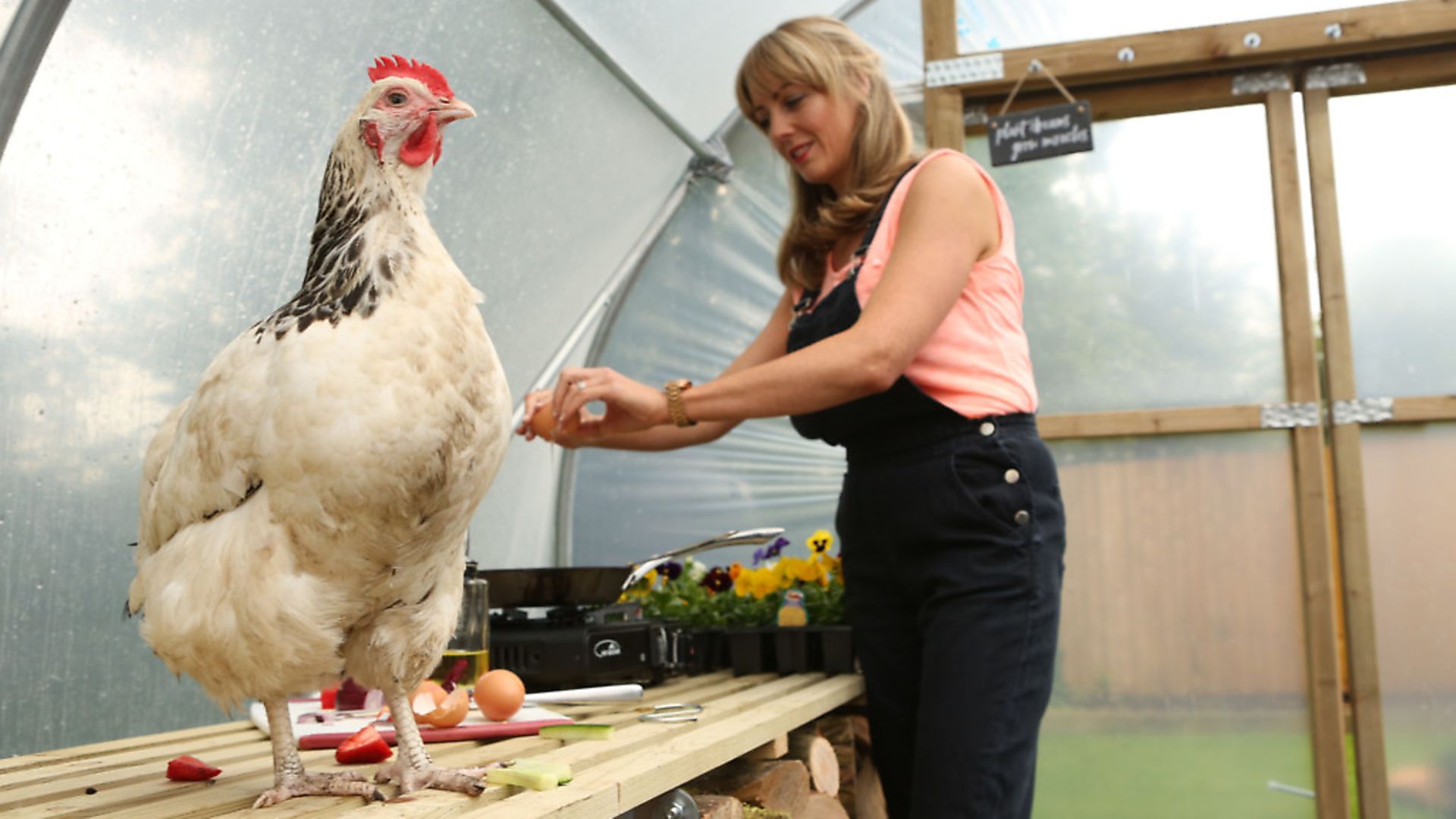
With this in mind, here are some suggestions worth considering:
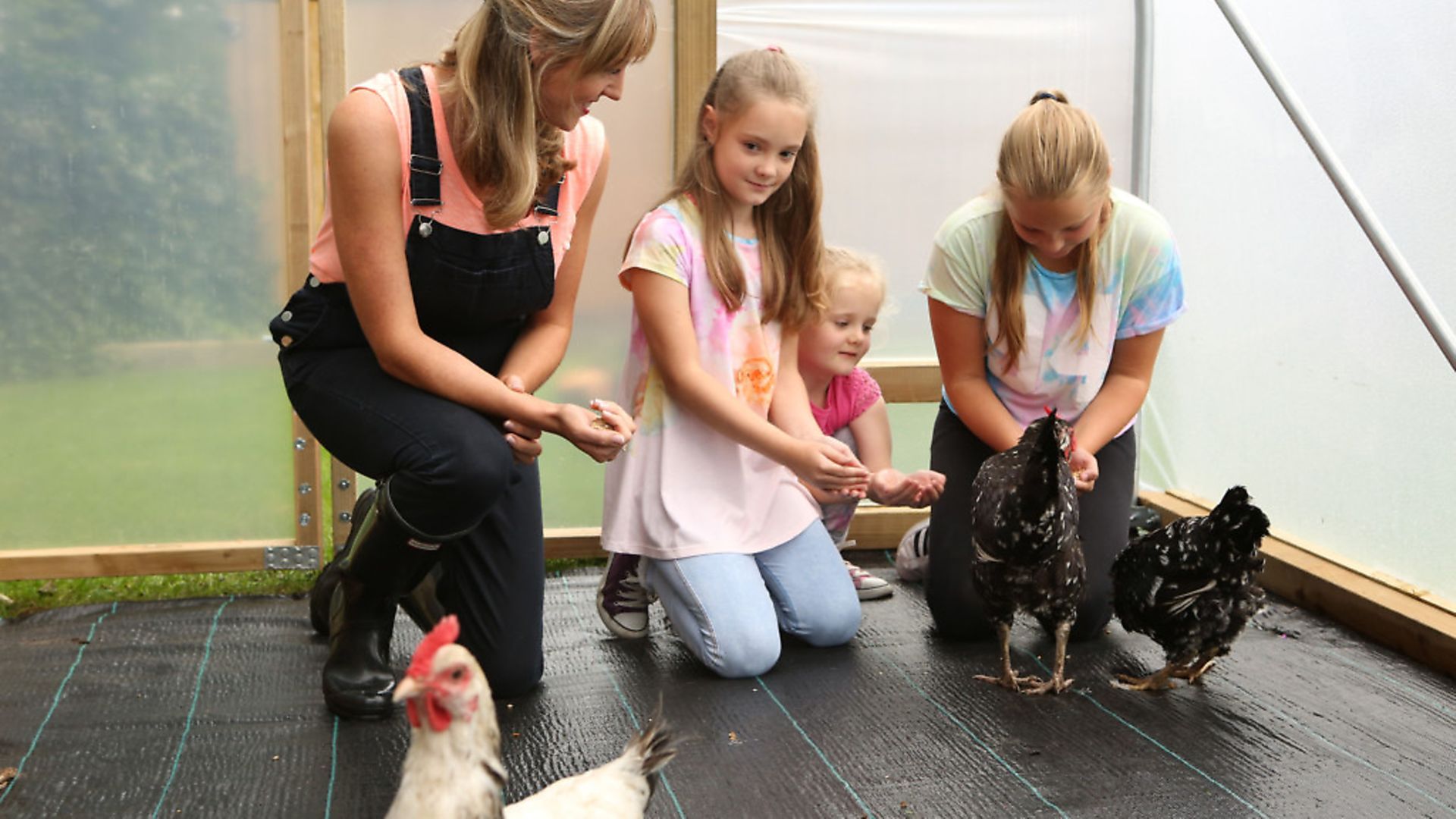
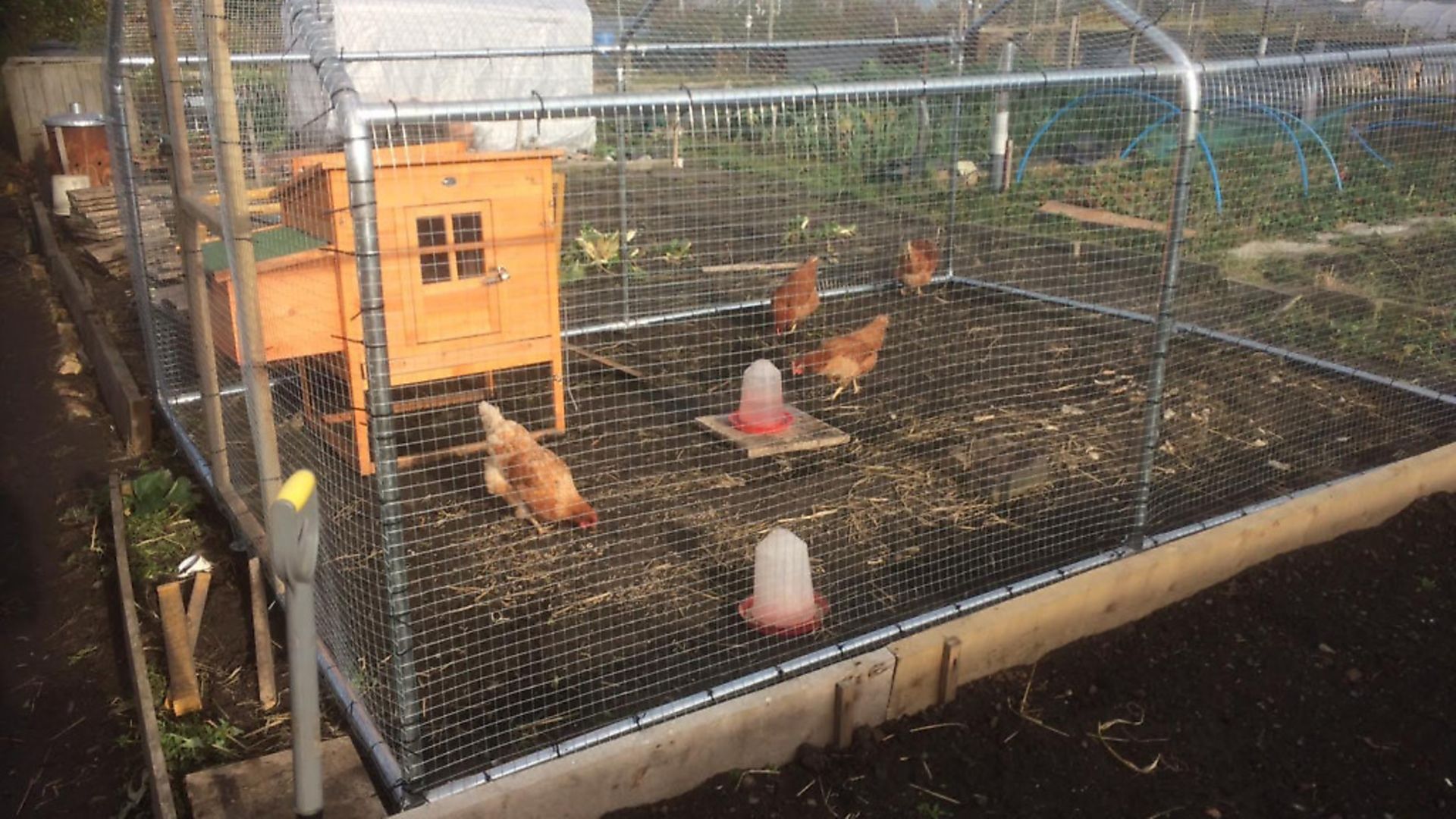
Get a walk-in chicken run
These large, sturdy moveable runs will safely contain poultry and a coop or two during any future lock down. Garden Life sells a variety of long lasting enclosures made from strong galvanised steel. Company owner John Bolton said: “Our runs are ideal for keeping birds in one place, but I would recommend users also fit some tarpaulin over the roof to prevent wild bird droppings from getting in. The unexpected outbreak last year took us by surprise and we very quickly ran out. This year we have extra stock if it unfortunately appears again.”
Use a polytunnel
I wouldn’t be without my polytunnel, and I know that during last year’s period of enforced poultry confinement, a lot of smallholders used theirs to home their birds. It’s a good option for those without outbuildings or other facilities in place. Do be aware, though, that whilst chickens, ducks and geese will prove to be efficient clearers of slugs, snails and other garden pests that might be loitering, they will also hoover up everything else available, including any overwintering crops. Also, whilst it’s true that chicken poo in particular works well as a compost pile accelerator and makes a good nitrogen rich fertiliser, birds confined for a period of months may cause scouring to the ground. With this in mind, you may wish to cover the ground with a membrane, covering that with bedding of sawdust or woodchip so the soil is protected; the bedding can then provide a worthwhile addition to the compost pile.
Looking on the bright side, the potential bird flu lockdown could be a great excuse to get a polytunnel if you don’t already have one, or indeed to buy another. These protected structures are so incredibly useful for fruit and vegetable growing whatever the weather, so it’s an investment worth making regardless of your poultry needs.
Use debris netting
Another option is to cover existing outdoor enclosures with what’s called debris netting. The main issue with normal chicken wire is that small birds can still get through and into your enclosure, so this material enables you to keep wild birds out and your poultry protected.
This is available from various suppliers, such as Wickes and can also be ordered online at Amazon.
Keep them fit and entertained
It is important to keep your poultry fit, healthy and entertained during a lockdown.
Biosecurity
Disinfect the hen house on a regular basis with a product such as Chicken Vet Dri bed which is also deodorising. www.chickenvet.co.uk
A boot dip is a biosecurity essential. Use a bucket with a lid placed by the entrance to the run containing a DEFRA approved disinfectant such as Virkon™ S.
Stockists include www.flytesofancy.co.uk
Relieve boredom
During the months of confinement, you want to make sure your birds are as happy and healthy as can be, so some in-coop entertainment might well be in order! The British Hen Welfare Trust sells a Chicken Swing that has been tried and tested and shown to provide a fun activity for hens. Rather than just using it as a perch, the chickens apparently get into the swing of things, creating a welcome distraction during their time inside. It costs £19.99 via the online shop at www.bhwt.org.uk.
Other similar accessories are available from Feathers & Beaky. See www.spikesworld.co.uk
Chief Vet’s appeal
In our October issue, we carried an appeal by the UK’s Chief Vet, Professor Nigel Gibbins. He praised back garden henkeepers and smallholders for the way they responded to last winter’s measures to combat bird flu, and appealed to them to remain vigilant. He also suggested practical steps we can take.
Image(s) provided by:
Archant
Archant
Archant
Archant

